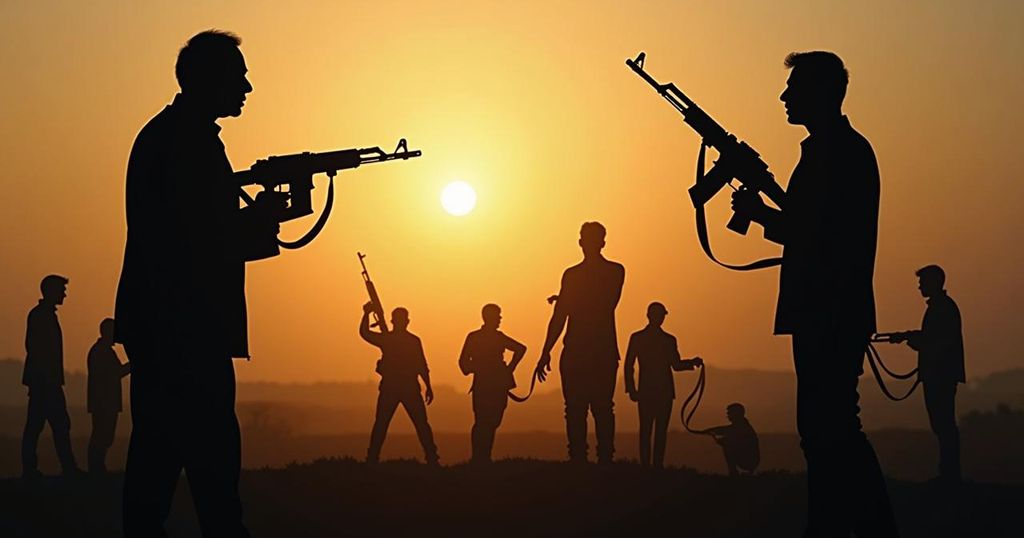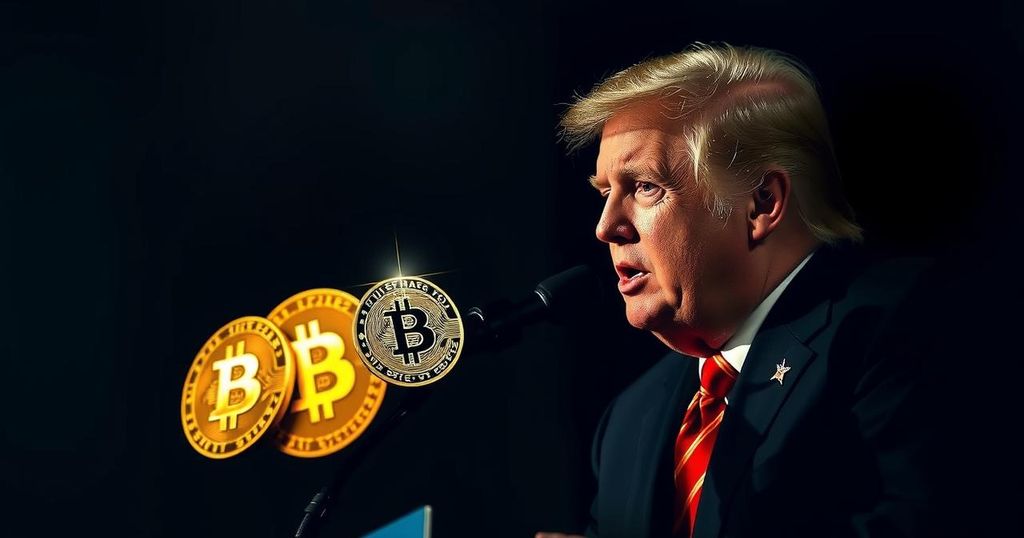Dr. Jaishankar’s Strong Stand Against Pakistan’s Cross-Border Terrorism Policy
In his address at the 79th UNGA, External Affairs Minister Dr. S. Jaishankar declared that Pakistan’s policy of cross-border terrorism would inevitably fail and emphasized that such actions would have consequences. He called for the resolution of illegal occupation and a cessation of terrorism, while advocating for UN reforms to ensure a more effective response to contemporary challenges.
During the 79th session of the United Nations General Assembly (UNGA) in New York on September 28, External Affairs Minister Dr. S. Jaishankar strongly condemned Pakistan’s approach to cross-border terrorism, declaring, “Pakistan’s cross-border terrorism policy will never succeed. And it can have no expectation of impunity. On the contrary, actions will certainly have consequences.” He emphasized that the primary issues necessitating resolution between India and Pakistan include the evacuation of what he termed “illegally occupied Indian territory,” as well as Pakistan’s entrenched connection to terrorism. Dr. Jaishankar characterized Pakistan as a “dysfunctional nation” that harbors aspirations to acquire territories of others, urging that such an entity should be thoroughly “exposed” and “countered.” His remarks highlighted the manifold consequences of Pakistan’s actions, asserting, “When this polity instils such fanaticism among its people, its GDP can only be measured in terms of radicalization and its exports in the form of terrorism. Today, we see the ills it sought to visit on others consume its own society. It can’t blame the world; this is only karma.” Expressing the need for a unified global stance against terrorism, he stated that “terrorism is antithetical to everything that the world stands for,” and called for the United Nations to refrain from obstructing the sanctioning of global terrorists for political reasons. Dr. Jaishankar remarked that the UN embodies the principles and shared goals of the international community, stressing the importance of adhering to international law to foster global security and stability. He elaborated on the critical state of the world today, noting that the erosion of trust and breakdown of processes have endangered both peace and prosperity. “Countries have extracted more from the international system than they have put into it, enfeebling it in the process,” he asserted, making a case for the imperative of reforming multilateralism. Dr. Jaishankar advocated that large segments of the global community must be included in discussions regarding significant contemporary issues, emphasizing the necessity for a more representative and effective United Nations.
This article discusses the statements made by India’s External Affairs Minister, Dr. S. Jaishankar, during his address at the 79th UNGA. His remarks were aimed at condemning Pakistan’s longstanding policy of cross-border terrorism and its implications for regional stability and global security. In addition to addressing terrorism, he discussed the need for reforms within the UN to enhance the organization’s effectiveness in dealing with present-day challenges.
In conclusion, Dr. Jaishankar’s address at the UNGA reflects India’s firm stance against Pakistan’s cross-border terrorism, underscoring that such policies will not go unchallenged. He called for a collective global effort to combat terrorism and emphasized the critical need for reform within the UN to better represent contemporary global realities. The necessity of shared responsibility in the international system was a pivotal theme in his speech, reinforcing the call for more equitable and effective governance.
Original Source: www.indianewsnetwork.com








Post Comment